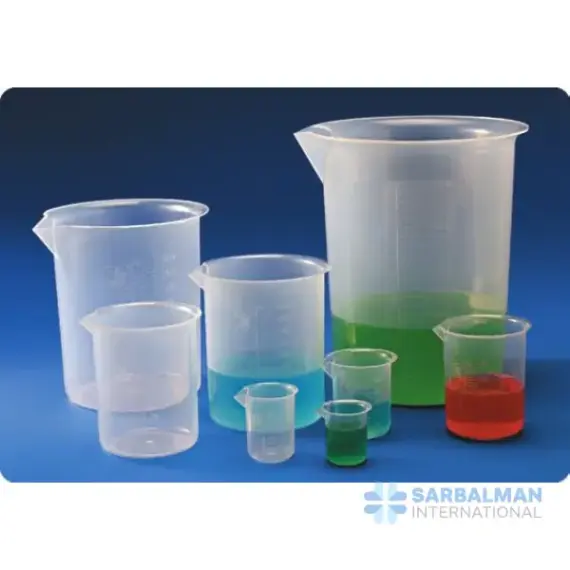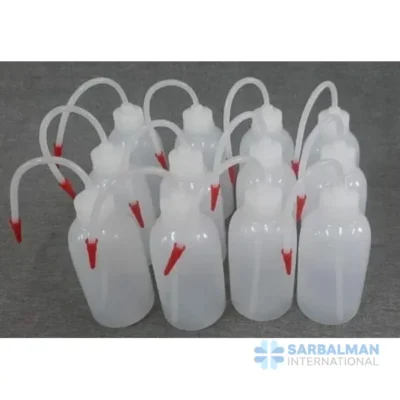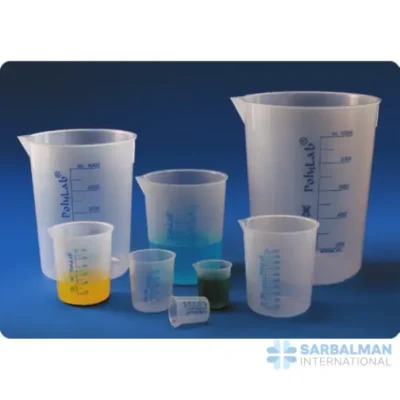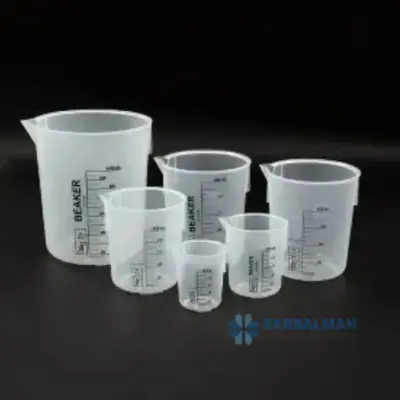Beaker (Euro Design), Polypropylene (PP)
Free!
A Euro Design Polypropylene (PP) Beaker is a shatter-resistant lab beaker with a wide mouth, stable base, and a sharp spout for clean pouring. It’s ideal for mixing, preparing reagents, sampling, and routine transfers. Lightweight, chemically robust, and easy to read, it offers everyday convenience without the breakage risk of glass—perfect for teaching labs, QA/QC benches, and field work.
Description
A Euro Design Polypropylene (PP) Beaker is a durable, shatter-resistant laboratory beaker molded from high-quality PP. The “Euro” profile features a wide mouth, stable base, and a sharply defined pouring spout for smooth, drip-reduced transfers. Graduations are typically easy to read on the translucent wall, helping users estimate volumes during routine prep, mixing, and sampling. Lightweight and rugged, this beaker is designed for everyday lab work where convenience and safety matter.
Key features and benefits:
-
Polypropylene body: tough, lightweight, and resistant to many acids, bases, and salts.
-
Euro spout: controlled pouring with fewer drips and better aim.
-
Molded graduations: quick volume checks at a glance.
-
Thermal performance suited to routine heating and autoclaving according to PP limits.
-
Shatter-resistant: safer than glass in busy workspaces and field use.
-
Easy handling: broad rim and stable base reduce spills.
Common use cases and industries:
-
Preparing buffers, reagents, and culture media in academic and industrial labs.
-
Quality control sampling in chemical, food, beverage, and environmental testing.
-
General mixing, decanting, and waste segregation in hospitals and research facilities.
-
Training labs where durability and safety are priorities.
How it compares:
-
Versus glass beakers: PP won’t shatter and is lighter, but glass tolerates higher temperatures and strong organic solvents better.
-
Versus other plastics: PP is more chemical-resistant than many clear plastics and usually more economical; however, some specialty plastics offer higher clarity or higher heat limits.
Good practice:
-
Use within the recommended temperature range for PP and avoid strong oxidizers or aggressive solvents that can swell plastics.
-
For precise measurements, use a graduated cylinder or volumetric ware; the beaker’s graduations are for estimates.
This beaker delivers practical accuracy, safe handling, and fast, clean pours—ideal for everyday measuring, mixing, and transfers across lab and production settings.







